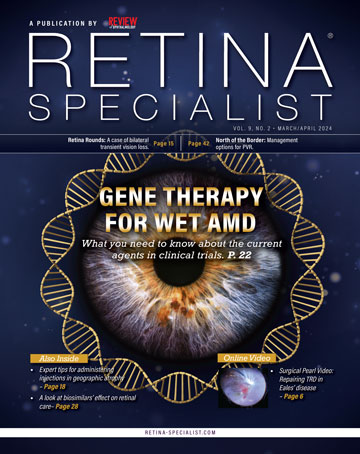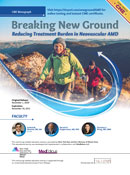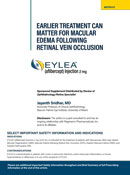There will always be forces among us—in our practices, in our institutions, in our countries and beyond—that will try to divide and antagonize one against another. We need to recognize these forces, call them out by name and, wherever possible, seek common ground to build on a foundation of mutual respect.
In their purest forms, science and the pursuit of improving human quality of life for all can be beacons of hope that manifest the potential good in humanity. The ongoing global cooperative effort to generate a vaccine against SARS-CoV-2 (as our current coronavirus is formally known) appears to be an example of such a worthwhile endeavor.
On January 10, the sequence of the virus was released to the public. Approximately 62 days later the first vaccine candidate was injected into a volunteer’s arm as part of a Phase I safety study. By the end of May, more than 170 vaccine candidates were under development, representing an incredible range of approaches from the traditional to very novel.
This timeline and the diversity of approaches are unprecedented. No vaccine has ever been developed to commercialization in less than about four years, a feat achieved for mumps in the 1960s. Nevertheless, data-based commentary from scientists have sounded cautiously optimistic that a vaccine may be available later this year or early next.
While playing out on a fraction of the scale, innovation in retina can and should be a place where collaboration and diversity—of background, experiences and perspectives—are similarly welcomed and intentionally cultivated. Moving ideas into reality through preclinical studies, early then late phase clinical trials and ultimately to widespread clinical adoption is a colossal task, requiring years of effort and innumerable skill sets.
In these pages some ongoing innovations in retina, such as defining new biomarkers correlated with genetic loci in age-related degeneration by Johanna Seddon, MD, ScM, (page 34) and the development of home optical coherence tomography capabilities by Judy E. Kim, MD, (page 25) are described.
As the world prepares for Phase III vaccine trials to ultimately end COVID-19, there will be more controversies—for example, in the ethical debate surrounding a new breed of more efficient trials, i.e., human challenge studies.
As we forge ahead globally and more specifically within retina, we must prioritize the essential value of real diversity. The different perspectives that come from disparate experiences are fundamental to innovation. RS
 |




